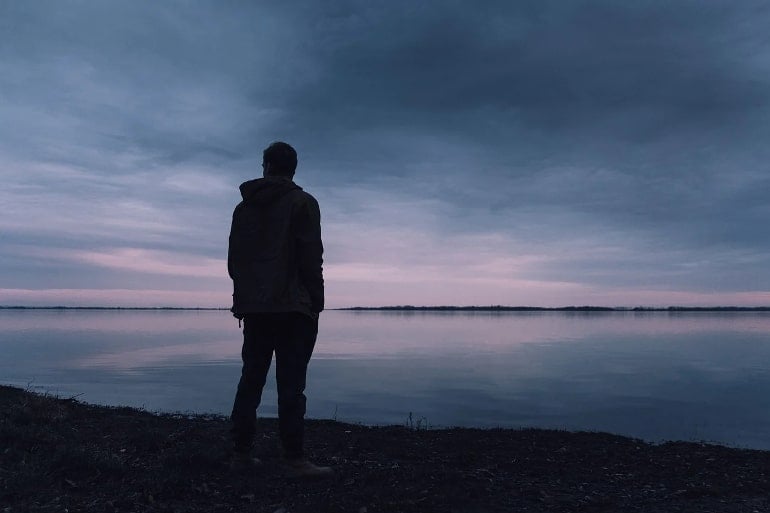Summary: The element of choice in whether we choose to be alone or interact with others plays a key role in personal wellbeing.
Source: Bar-Ilan University
Do we enjoy our time more when we are alone, or when we’re in the company of others? A new study by researchers from Bar-Ilan University in Israel has found that the element of choice in our daily social interactions plays a key role in our well-being.
Stable social relationships are conducive to well-being. But the effects of daily social interactions (or of time spent alone) on momentary feeling of happiness is not well understood. The current study, published in the Journal of Happiness Studies, suggests that our sense of choice of being with others (or of being alone) is a central factor which shapes our feelings in these contexts.
Importantly, it was suggested that choice matters more ‘with others’ than alone, because experiences with others are more intense.
The research, led by Dr. Liad Uziel, of the Department of Psychology of Bar-Ilan University, with Dr. Tomer Schmidt-Barad, a postdoc in his lab now at the Peres Academic Center, consisted of two studies: an experiment that manipulated social context and choice status, and a ten-day experience-sampling study, which explored these variables in real-life settings.
The experience-sampling study involved 155 students. Each participant reported three times a day for ten consecutive days on episodic social experiences.
Participants were asked in each “sample” to report on their social status (alone/with other people), whether they were in this situation by choice or not by choice, and their feelings (positive or negative emotion, satisfaction, sense of meaning, and sense of control). In total, more than 4,200 episodic reports were received.
Of these, people were with others 60% of the time and alone 40% of the time. They were in these situations by their choice in 64% of the situations, and not by their choice in 36%. This indicates that the students spent about a third of their daytime in non-chosen social (or alone) situations.
Participants felt greater satisfaction (happiness) in the company of others than in being alone. However, there were great variations in the experience of being with others. The greatest degree of happiness was felt when in the company of others by choice, but the lowest degree of happiness when in the company of others not by choice. Effects of being alone on happiness also varied by choice status, but to a lesser extent.

In a previous study Dr. Uziel found that social situations intensify emotions, while being alone was linked to calmer emotions and to a more relaxed overall experience.
“The current research expands upon these conclusions by learning about people’s experiences in real life, outside the lab, and by addressing the choice element as an important moderating factor,” explains Dr. Uziel. “In both cases, social experiences are more intense, for better or worse.”
Dr. Uziel says that choice, or even a subjective sense of choice, is a crucial factor in influencing the sense of well-being. People will feel better if they are alone by choice than if they are with others not by choice. Yet being in the company of others by choice contributes most to improving sense of well-being at any given moment.
About this psychology research news
Author: Press Office
Source: Bar-Ilan University
Contact: Press Office – Bar-Ilan University
Image: The image is in the public domain
Original Research: Open access.
“Choice Matters More with Others: Choosing to be with Other People is More Consequential to Well-Being than Choosing to be Alone” by Liad Uziel et al. Journal of Happiness Studies
Abstract
Choice Matters More with Others: Choosing to be with Other People is More Consequential to Well-Being than Choosing to be Alone
Stable social relationships are conducive to well-being. However, similar effects are not reported consistently for daily social interactions in affecting episodic (experiential) subjective well-being (ESWB). The present investigation suggests that the choice of being in a social context plays an important moderating role, such that social interactions increase ESWB only if taken place by one’s choice. Moreover, it is argued that choice matters more in a social context than in an alone context because experiences with others are amplified.
These ideas were tested and supported in two studies: An experiment that manipulated social context and choice status, and a 10-day experience-sampling study, which explored these variables in real-life settings. Results showed that being with others by one’s choice had the strongest positive association with ESWB, sense of meaning, and control, whereas being with others not by one’s choice—the strongest negative association with ESWB. Effects of being alone on ESWB also varied by choice status, but to a lesser extent.
The findings offer theoretical and practical insights into the effects of the social environment on well-being.







